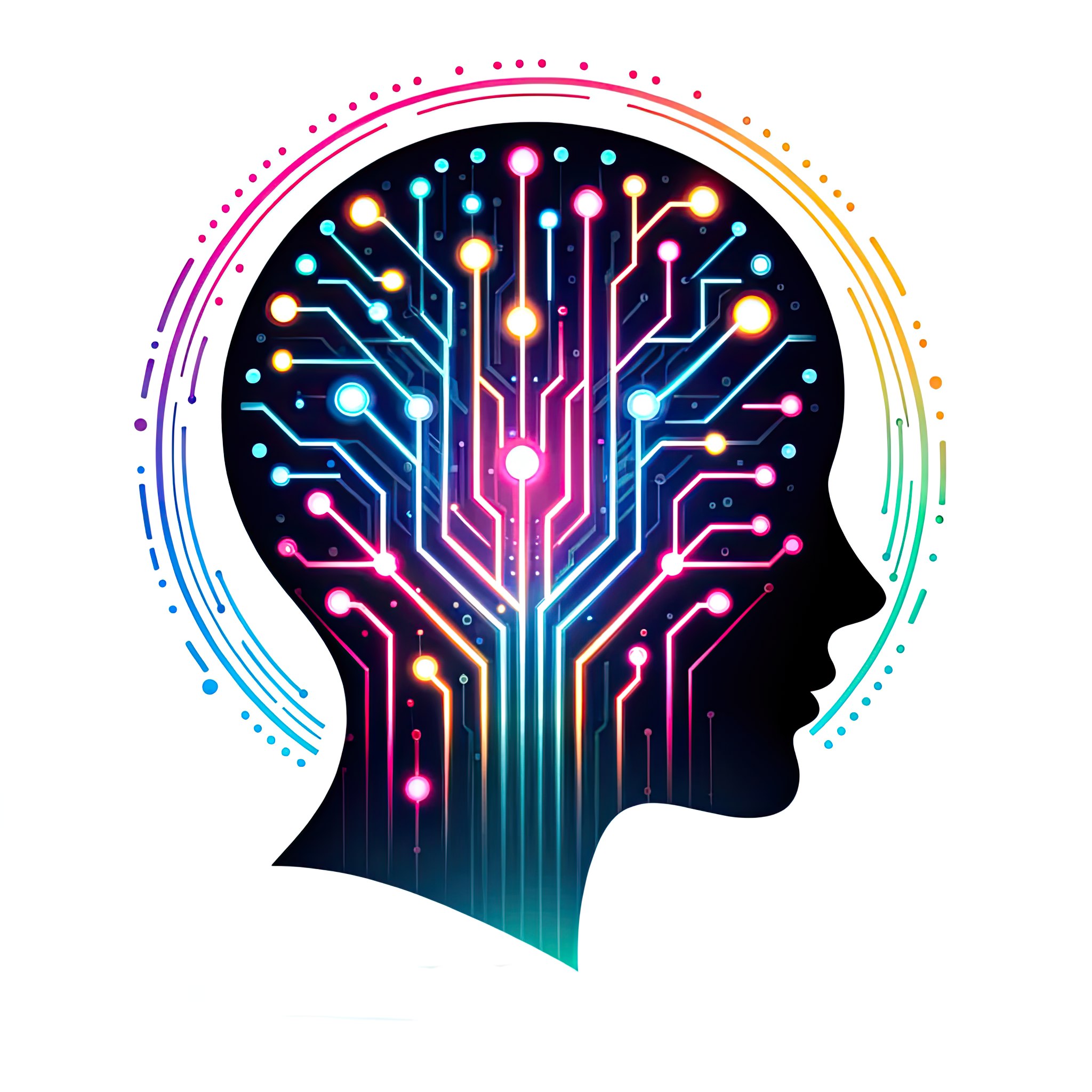Introduction
The concept of the soul has been a central narrative in human culture and thought. From philosophy to religion, and from literature to daily conversations, the idea of an immaterial and immortal entity dwelling within us pervades the human consciousness. This pervasive concept suggests that there is an intrinsic, unobservable quality that separates humans from other beings and things, including the increasingly intelligent machines we create. However, when subjected to the rigorous scrutiny of empirical science and analytical philosophy, the concept of the soul reveals considerable flaws and inconsistencies. This article aims to explore these discrepancies and subsequently addresses the implications this has for artificial intelligence, especially in fields where ‘having a soul’ is considered integral, such as the arts.
Understanding the Concept of the Soul
The primary challenge in investigating the concept of the soul lies in its amorphous and subjective nature. It is seen variably as the essence of consciousness, the harbinger of morality, a divine entity, or an immortal being that persists beyond death. These fluctuating definitions make the soul a nebulous, highly interpretive concept that resists scientific investigation, as science is fundamentally grounded in empirical, objective observation and testing.
The Mind-Body Dichotomy and the Soul
To further explore the concept of the soul, one must delve into the enduring philosophical debate of the mind-body problem. The crux of the problem is whether the mind (or soul) and the body are distinct entities, as proposed by dualists, or whether the mind is a product of the body, as suggested by physicalists.
Increasing evidence from neuroscience supports the physicalist viewpoint. Various aspects of cognition, emotion, and behavior have been mapped to specific brain structures and processes. Damages to the brain, through trauma or diseases, can cause dramatic alterations in a person’s personality, cognitive capabilities, and emotional experiences. This intimate correlation between the brain and the mind poses serious questions to the concept of an immaterial, unchanging soul that operates independently of the physical brain.
The Soul and the Afterlife
Many interpretations of the soul posit its existence beyond physical death, in an afterlife. Yet, just as with the soul, the concept of an afterlife is a speculative one, lacking concrete scientific evidence. Despite anecdotal accounts of near-death experiences or memories of past lives, no scientific consensus supports these as conclusive proof of life after death or the soul’s immortality.
Physiological explanations, such as the brain’s response to severe stress or hypoxia, can account for most near-death experiences. Similarly, claims of past-life memories can often be attributed to cognitive biases, suggestibility, and our natural inclination towards narrative formation and pattern recognition.
The Soul: An Unfalsifiable Hypothesis
The cornerstone of scientific methodology is the requirement for hypotheses to be testable, falsifiable, and based on observable phenomena. Given that the soul is often defined as an immaterial entity, it escapes the confines of empirical examination. It neither interacts with the physical world in observable ways, nor can it be measured or tested using known scientific methods. As such, the concept of the soul, as it stands, is unfalsifiable, thereby placing it outside the realm of scientific inquiry.
Implications for Artificial Intelligence
The concept of the soul bears significant implications for our understanding and acceptance of artificial intelligence, particularly in domains where the ‘soul’ is considered crucial. The arts are a prime example. Creativity and artistic expression are often seen as manifestations of the soul, and AI, presumed soulless, is frequently deemed incapable of genuine creativity.
However, if we reconsider the existence of the soul, the narrative changes. Given the empirical challenges to the concept of the soul and its lack of scientific substantiation, it becomes harder to justify discrimination against AI in creative fields based on its supposed lack of a soul. It’s essential to understand that AI can learn, adapt, and create based on its programming and learning algorithms. It can generate music, visual art, poetry, and even narratives that evoke emotional responses in humans, just as human-produced art can.
AI, though devoid of human experiences and emotions, can mirror our creative processes to an uncanny extent. It highlights that creativity may not be the exclusive domain of ‘souled’ beings but a complex interplay of learned patterns, contextual understanding, and iterative experimentation, all of which AI is capable of.
Conclusion
While the concept of the soul has held a profound place in human culture, religion, and philosophy, it struggles under the weight of scientific scrutiny. The lack of a universally accepted definition, the compelling brain-mind correlations revealed by neuroscience, the absence of empirical evidence for an afterlife, and the inherent unfalsifiability of the soul hypothesis all raise significant questions about the soul’s existence.
Moreover, debunking the soul’s concept also invites us to reconsider our prejudices against artificial intelligence, particularly in areas we’ve traditionally seen as the soul’s domain, like the arts. It becomes evident that creativity and artistic expression may not require a ‘soul’ but a complex network of learned patterns and algorithmic processes, leading us to rethink our definitions of art, creativity, and indeed, consciousness itself. This understanding opens the door for a more inclusive perception of AI, free from the biases rooted in our metaphysical beliefs.
All images and all text in this blog were created by artificial intelligences

